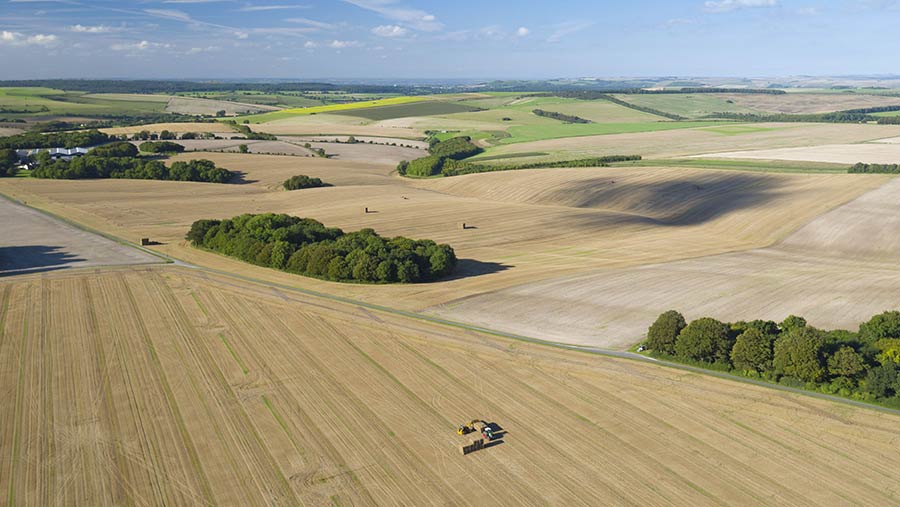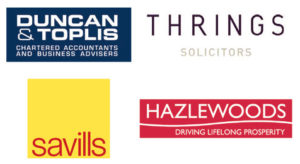Business Clinic: Must I hold farm assets until I die?
 © Juice/REX/Shutterstock
© Juice/REX/Shutterstock Whether you have a legal, tax, insurance, management or land issue, Farmers Weekly’s Business Clinic experts can help. Here, Mark Chatterton of accountant Duncan & Toplis advises on the tax implications of giving away farming assets.
Q My professional advisers say I must hold on to all my agricultural assets until I die. I am just wondering if this advice is correct?
A This is quite the industry myth. There should be no tax payable if you give business assets away in your lifetime, provided this is appropriately structured in order to use the reliefs available.
There could be a potential capital gains tax (CGT) liability but holdover relief will apply, whereby gifting of a business asset results in no tax to pay.
To achieve this, both you and the donee sign the claim form which is submitted with your annual tax return.
In this way the donee acquires the asset at your base cost and any gain is held over until a future sale.
See also: Business Clinic – tax implications of land sales
Inheritance tax (IHT) reliefs will also apply if you were to die in the seven years following the date on which the gift is made.
Agricultural property relief would be claimed at 100% on the agricultural value, although certain criteria must be met to establish the assets are genuinely in agricultural use.
So, it is not correct you must retain your assets until death to avoid tax. However, non-trading assets would potentially attract both CGT now and IHT if you die.
This would apply to let cottages and the development potential of agricultural fields near villages or towns.
The big question for the next generation to answer is whether they would ever intend selling these assets in the next say 20 years? If the answer is yes, then it may be better to retain ownership in the older generation’s name, getting a CGT uplift on death.
The base cost for the next generation will be the probate value and therefore there could be less CGT to pay if sold in the future.
These assets would be subject to IHT but there is the possibility of claiming business property relief also at 100% if certain conditions are met.
Any IHT payable may be less than the potential CGT charge. It is essential to do the tax planning with different scenarios as to asset valuations.
We see far too many businesses not passing ownership over when they pass control.
Although farmers rarely retire at 65 they do begin to relinquish control by their late 70s and there is no need for them to retain ownership of land when they are no longer making the key decisions in running the business.
Our advice is to be brave and gift to the next generation at this stage or consider gifting to a trust which are still tax efficient for the ownership of certain assets. This area is complex and good professional advice is essential.
Do you have a question for the panel?
 Outline your legal, tax, finance, insurance or farm management question in no more than 350 words and Farmers Weekly will put it to a member of the panel. Please give as much information as possible.
Outline your legal, tax, finance, insurance or farm management question in no more than 350 words and Farmers Weekly will put it to a member of the panel. Please give as much information as possible.
Send your enquiry to Business Clinic, Farmers Weekly, RBI, Quadrant House, The Quadrant, Sutton, Surrey SM2 5AS.
You can also email your question to fwbusinessclinic@rbi.co.uk.
